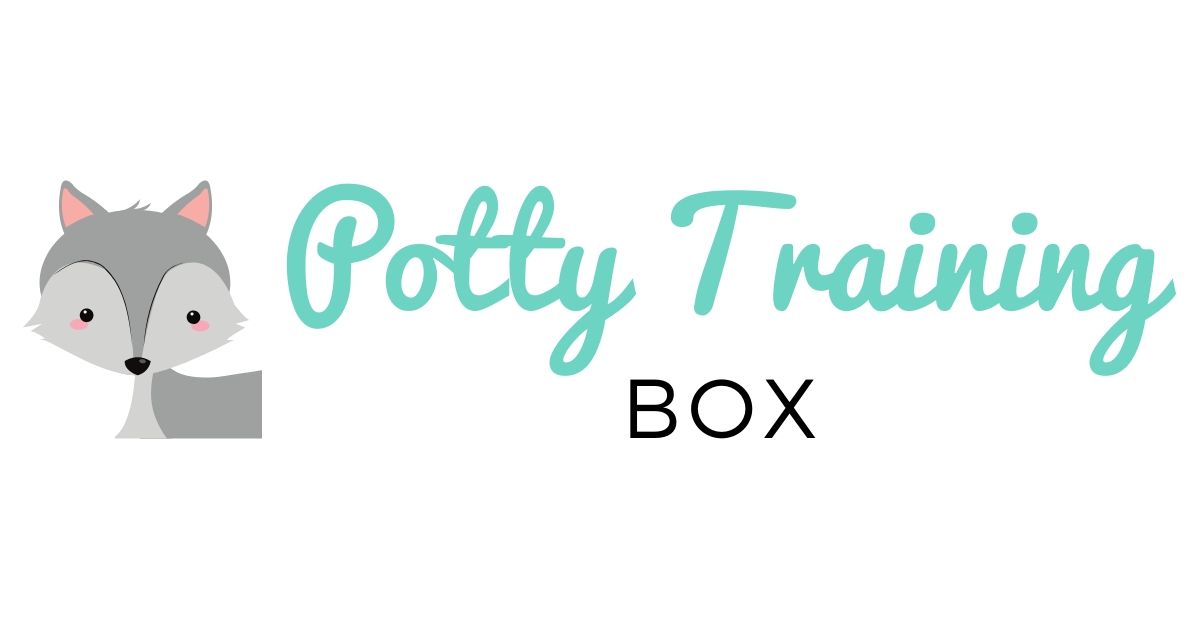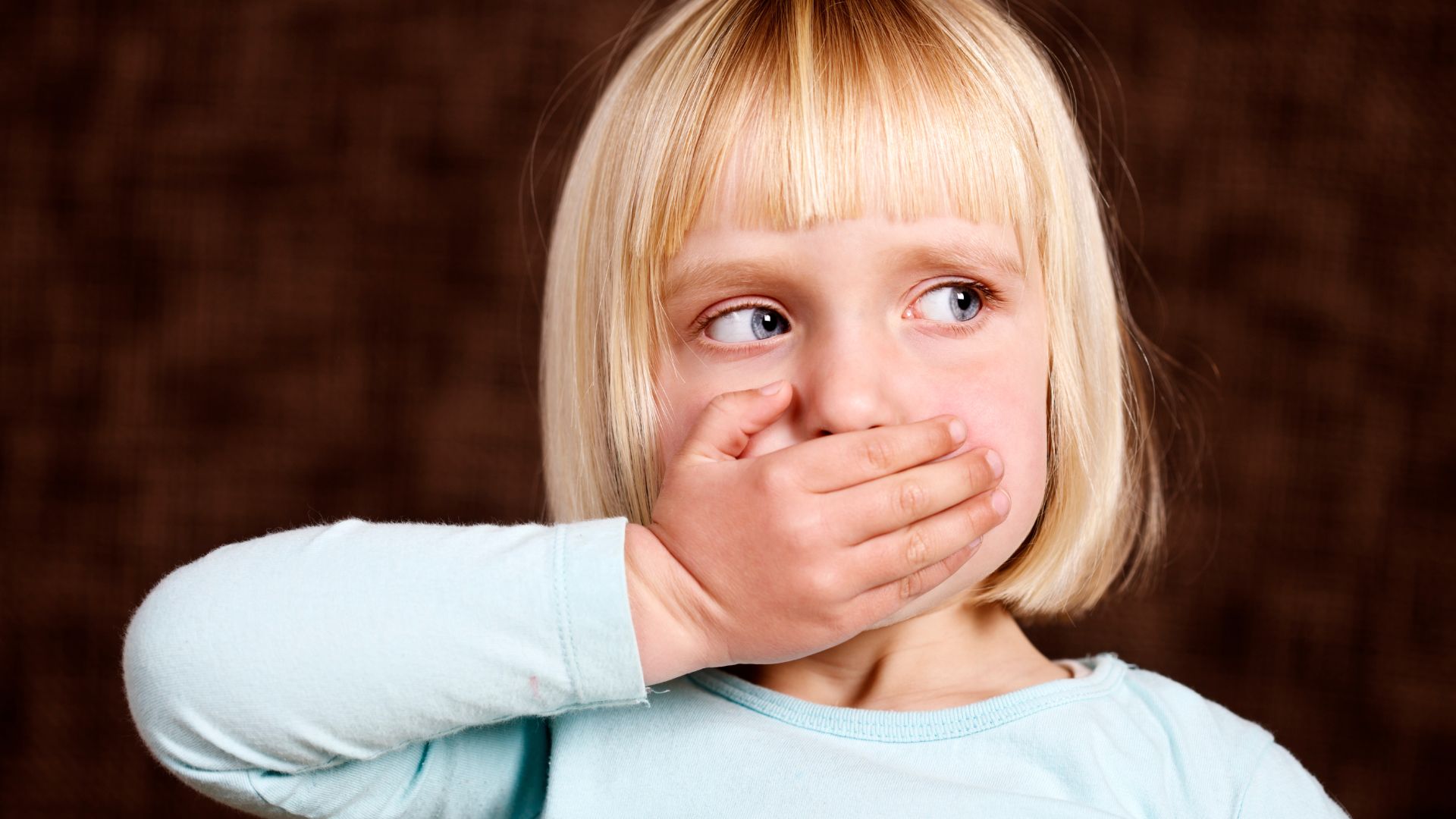The role of language in potty training – We recently received a question from a parent asking if they can start potty training when their child hardly speaks or struggles with speech. Potty training is a significant milestone in a child’s development and can sometimes be challenging, especially when a child doesn’t speak much but is ready to learn to use the toilet. Language development also plays a role in potty training, which is why we’ve written this article.
Here are some ways in which language development contributes to potty training:
Communication and language in Potty Training
Communication is key to successful potty training. When a child begins to understand language, they can communicate more easily with their parents about their needs. This means the child can indicate when they need to use the toilet, and parents can assist them in going to the toilet at the appropriate times. If the child cannot communicate well yet, it may be harder for parents to understand when the child needs to pee or poop, which can prolong the time it takes for the child to become potty trained.
If your child cannot communicate well yet, you can agree on a gesture together that they can use to indicate when they need to pee or poop. For example, pointing to the potty or to their bladder. Alternatively, you can hang up cards that your child can take when they need to go to the toilet. It can also work without words. Continue to stimulate speech naturally and name everything you do during the program.
Reward and encouragement
Children are motivated by positivity, such as compliments or rewards. If a child understands what parents say and can respond, parents can reward their child for good behavior, such as using the potty or toilet at the right times. This can accelerate the potty training process and help your child stay motivated to learn. Using a reward system can help your child track their progress, which can provide additional motivation.
Explaining rules
Potty training is about learning new rules and routines. By using language, parents can explain to their child what is expected of them and how they should behave. This can help your child understand why they need to use the toilet and what to do when they need to pee or poop. If the child understands what is expected of them, they can learn faster and become potty trained more quickly. By naming everything, your child learns to pick up words faster and use them themselves.
Empathy
Empathy is an important part of parenting and can be especially useful for language in potty training. For example, if a child has an accident, parents can reassure them and explain that accidents happen and that they are working together to improve. This can help the child feel understood and safe, and can smooth the potty training process.
Understanding body language in potty training
In addition to understanding spoken language, understanding body language is also important for language in potty training. When a child understands what certain body language means, they can better indicate when they need to use the toilet. Body language is particularly useful for children who are not yet developed in their speech. You can also use gestures here and agree on them so that your child can easily indicate that they need to pee or poop.
If you’re unsure whether you can start because your child is not very developed in speech yet, but you feel they are ready, you can always send us a message via our social media channels such as Instagram or Facebook or send us an email to Potty Training Box.


